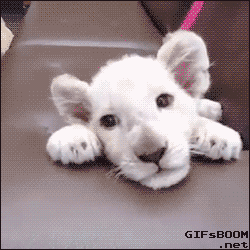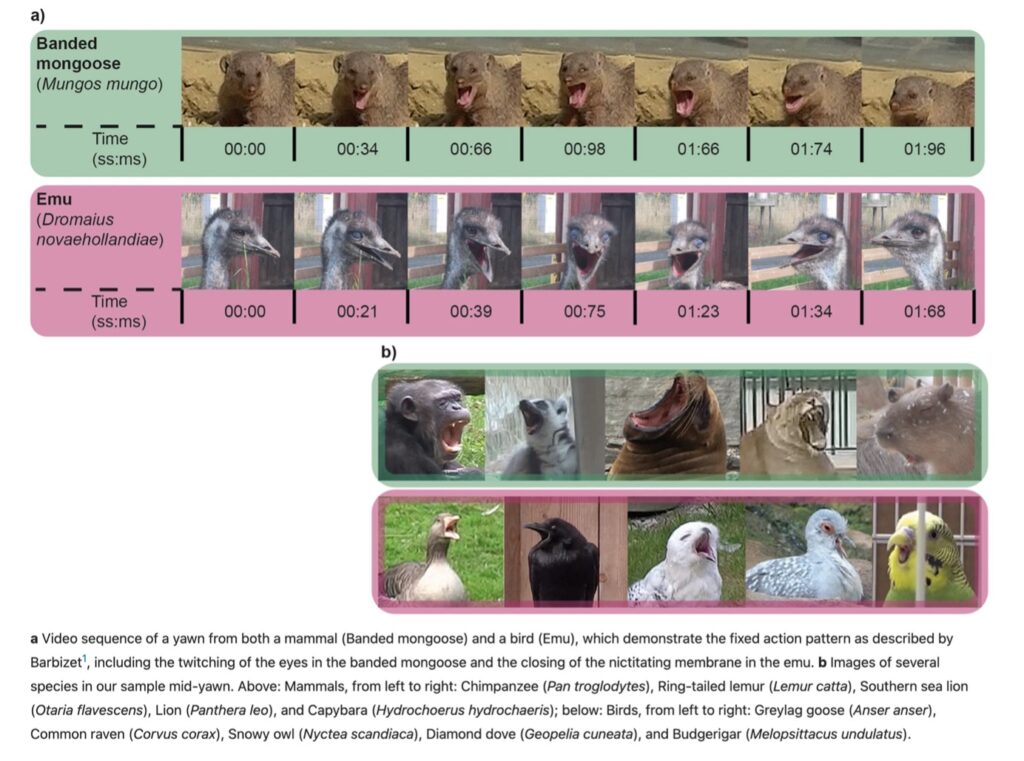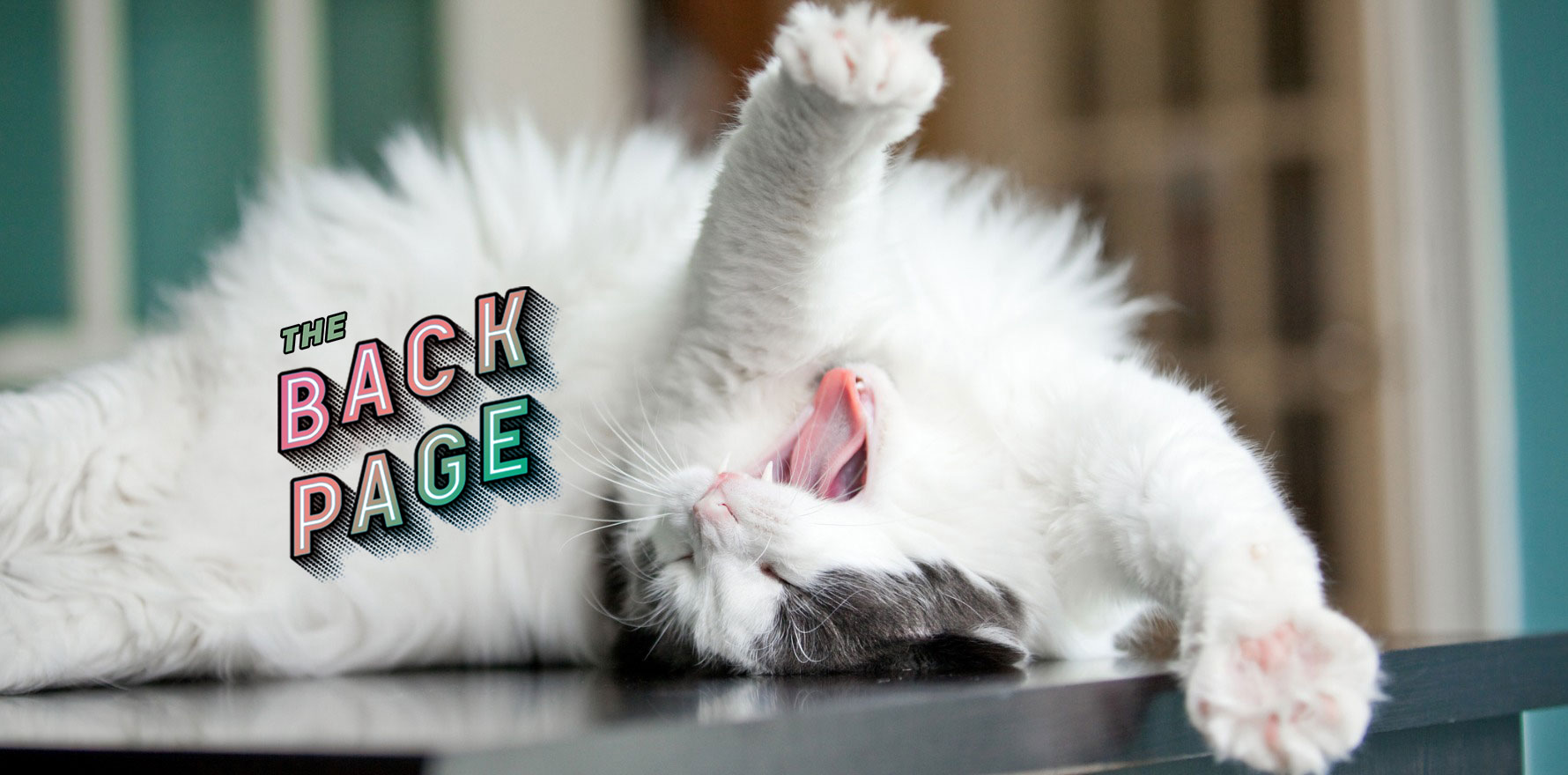Go on, cool that big brain down.
The length of an animal’s yawns depends on its brain size and number of neurons.
That’s the essence of this charming study in Communications Biology, which set out to build on the idea that yawning evolved as a brain-cooling mechanism with the hypothesis that bigger brains take longer to cool down.
The Back Page had thought yawning was something to do with getting more oxygen in, but silly us, as according to this paper that was falsified 30 years ago.
To study the variance in yawn duration among different-sized animals, these plucky researchers “went to several zoos with a camera and waited by the animal enclosures for the animals to yawn”, as they told ScienceAlert. “That was a pretty long haul.”

They analysed “1291 yawns (622 mammal and 669 bird) from 697 different individuals (426 mammals and 271 birds) across 101 different species (55 mammalian and 46 avian)” and compared duration against typical brain size and neuronal number, and found clear positive associations in mammals and birds.
And just when The Back Page couldn’t love this paper any harder, it produces this figure, with yawns from a mongoose, an emu, a capybara, a snowy owl, a budgie and others:

The authors sum up: “Based on the brain cooling hypothesis, the extended gaping of the jaw combined with the deep inhalation of air that characterizes yawning functions to cool the brain by altering both the rate and temperature of the arterial blood traveling to the brain … Since increases in brain mass produce greater thermolytic needs, and brain temperature is determined in part by metabolic heat production from neurons, animals with larger and more complex brains would require longer and more powerful yawns to achieve the same functional outcomes.”

But the Back Page’s best takeaway from this paper (which doesn’t mention sleep at all) is that the next time we yawn and are accused of nodding off, we can say: “Not at all, sir – you were being so interesting just now that our brain overheated and required urgent cooling. Our excessively large brain requires a protracted yawn to achieve the desired result.”
Science.

If you see a great excuse to run animal gifs, slip us a tip at felicity@medicalrepublic.com.au.


